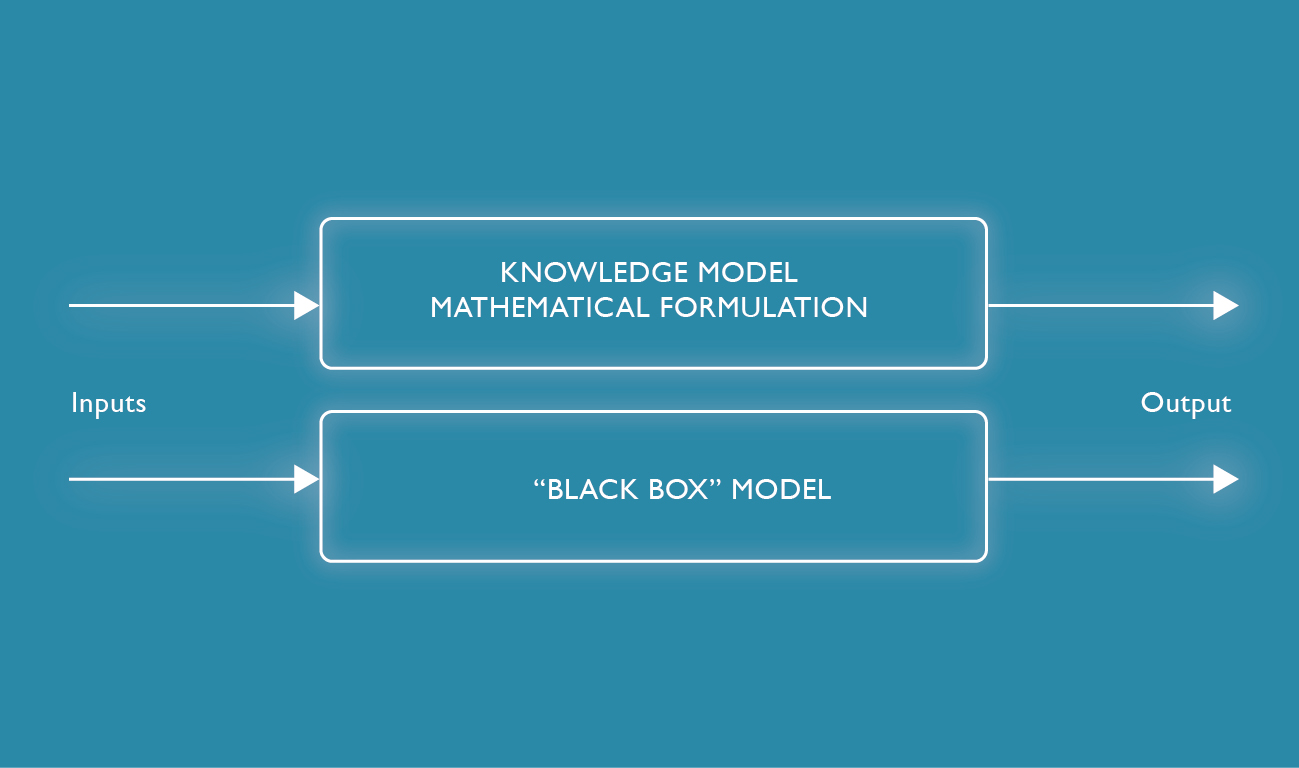
MODELLINGDigital modelling, a larger than life world
The purpose of modelling is to be able to foresee all the phenomena in a system according to the intended targets, and the resources and knowledge used to reach those targets. Using pure mathematics, knowledge of the laws of physics and computer tools, it is a means of optimising design phases.
CALCULATION POWER, DESIGN PHASE OPTIMISATION AND MULTIDOMAIN APPROACH
Modelling has an increasingly essential role to play in engineering. This is for obvious financial reasons, but also because today, technology is connecting pure mathematics with the calculation power of computers. The optimisation of the design cycle, the control over system complexity, evolutive sizing... everything tends to privilege design through modelling. Digital modelling offers a “virtual prototype” that has the capacity to change as the project moves forward. (also see the zera D and one D article).
ANTICIPATE, VIEW AND ANALYSE THE SOLUTIONS
The so-called “Real dynamic systems” model is created using two components: a knowledge model composed of mathematical formulae, and the so-called “black box” model which is used to define the parameters being searched for. The (flexible) knowledge model is used to:
> Describe the system’s physical behaviour > Predict the system’s response in certain situations or fluctuations > Analyse system behaviour depending on its specific properties > Develop system control
METHODS, KNOWLEDGE AND DIGITAL TOOLS
It is the extreme complexity of the equations and the multiple parameters that justify the use of digital modelling. Beyond the nodal method concepts (equations) and the Bind-Graph method (graphic representation), several software programmes help the engineers during the modelling phase.
> MATLAB > SIMULINK > AMESIM > GT-SUITE
These different software programmes allow powerful calculation, but also make it possible to take into account a high number of parameters. Where live experimentation would be totally impossible, modelling is used to rationalise the design phases. |
AIR CONDITIONING
Optimising air conditioning behaviour using a sufficiently fine thermo-management of each HVAC component
ZERO D, ONE D
Predicting the hydraulic, pneumatic, electric or mechanical behaviour of a system
MECHANICAL
The manufacturer defines the target temperature range as a requirement, ARIAMIS calibrates the components and draws up the control laws |

















